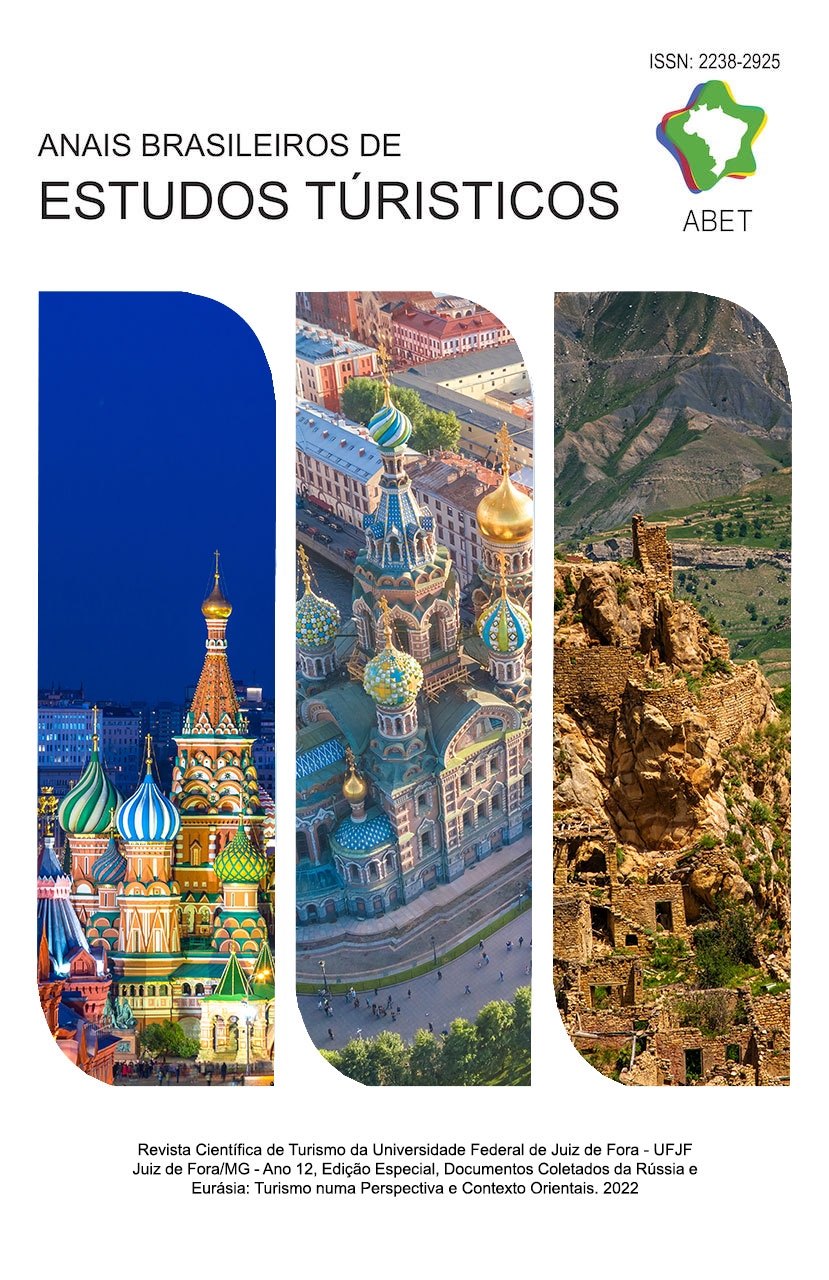Staffing Formation in the Hospitality Industry
DOI:
https://doi.org/10.5281/zenodo.7349083Keywords:
Management, System, Recruitment, Technology, Hotel businessAbstract
The authors aim to substantiate approaches to staff training in the hospitality industry. It is assumed that the management of the processes of prospecting, recruiting and hiring personnel, is the key to a company's success in the market of such a promising area such as the hotel industry. We identified that the personnel system of the hotel business in the Russian Federation is still in formation and requires significant efforts to coordinate the quantitative and qualitative levels of training of new specialists with the needs of hotel companies. It is evidenced in this study that the detailed analysis of the characteristics of the operation and personnel of the hotel industry, which will allow to determine the paths of development of the industry and make the transition to a higher level of development. It is found, therefore, that the most important task in solving the existing problems, in Human Resource Management in the tourism sector currently in Russia, is the search for new approaches to recruitment based on a modern concept of recruitment from contemporary management in modern enterprises.
Downloads
Downloads
Published
How to Cite
Issue
Section
License
Copyright (c) 2022 Anais Brasileiros de Estudos Turísticos

This work is licensed under a Creative Commons Attribution 4.0 International License.
This journal provides immediate open access to its content, following the principle that providing free scientific knowledge to the public provides greater democratization of world knowledge.
Authors must agree to the following terms relating to copyrights:
(a) Authors keep all copyright and grant the to the journal the right of first publication, with the work simultaneously licensed under the Creative Commons Attribution License that allowing job sharing with recognition of authorship of the work and initial publication in this journal.
(b) Authors are allowed to assume additional contracts separately, for non-exclusive distribution of the version of the work published in this journal (e.g. publish in institutional repository or book chapter), with recognition of authorship and initial publication in this magazine.
(c) Authors are allowed and are encouraged to publish and distribute their work online (e.g. in institutional repositories or on your personal page) since they do not do this before or during the editorial process, as this can generate productive interchange, as well as increase the impact and citation of work aired. (See Effect of Free Access).















